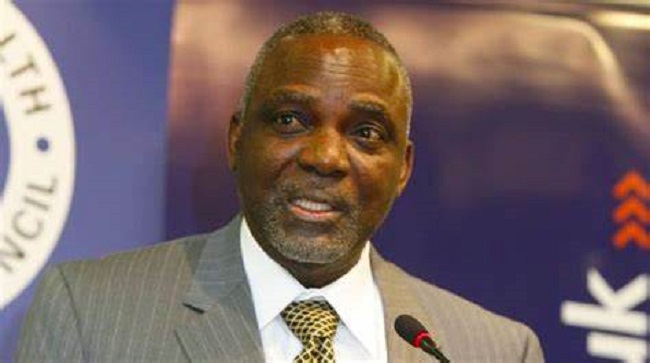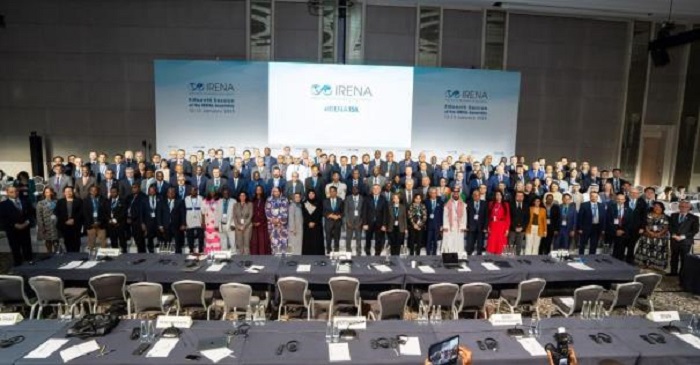The Association for Table Water Producers (ATWAP) of Nigeria has backed the Lagos State Government ban on single-use plastics, including sachet water.

National President of ATWAP, Dr Clementina Ativie, who said this in an interview on Monday, January 13, 2025, in Lagos, noted that the association would work with the state government, through the Lagos State Plastic Waste Management Scheme, to ensure seamless implementation of the policy.
She said the plastic waste management scheme was targeted at reducing plastic waste while promoting recycling.
According to her, the association is committed to environmental sustainability and responsible practices.
“We acknowledge the concerns surrounding single-use plastics and their impact on the environment.
“In Lagos State, we have collaborated closely with the Ministry of Environment and Water Resources to develop sustainable solutions.
“Notably, we have made significant strides in the resolution of the ban through the Lagos State Plastic Waste Management Fund Scheme, which aims to reduce plastic waste and promote recycling.
“Our association has also implemented Extended Producers Responsibilities, encouraging manufacturers to take responsibility for the waste generated by their products.
“This approach has helped our members reduce their environmental footprint while ensuring their businesses remain sustainable,” Ativie said.
She said the Plastic Waste Management Fund Scheme Committee would bring together stakeholders from the government, private sector and the civil society to address plastic waste management challenges.
“As a key member of this committee, ATWAP is dedicated to protecting and sustaining our members’ businesses while meeting government goals on environmental protection and public needs for safe water.
“Regarding the proposed ban, the government has engaged with single-use plastic users, considering the potential impact on our members’ businesses and public access to safe water.
“This has led to the establishment of the Lagos State Plastic Waste Management Scheme, which will be inaugurated soon.
The Lagos State Government, through the Ministry of Environment and Water Resources, had committed to total ban on single-use plastics before the end of January.
The announcement had elicited divergent reactions from sachet water producers, nylon producers and various stakeholders in the single-use plastic value chain.
By Fabian Ekeruche









